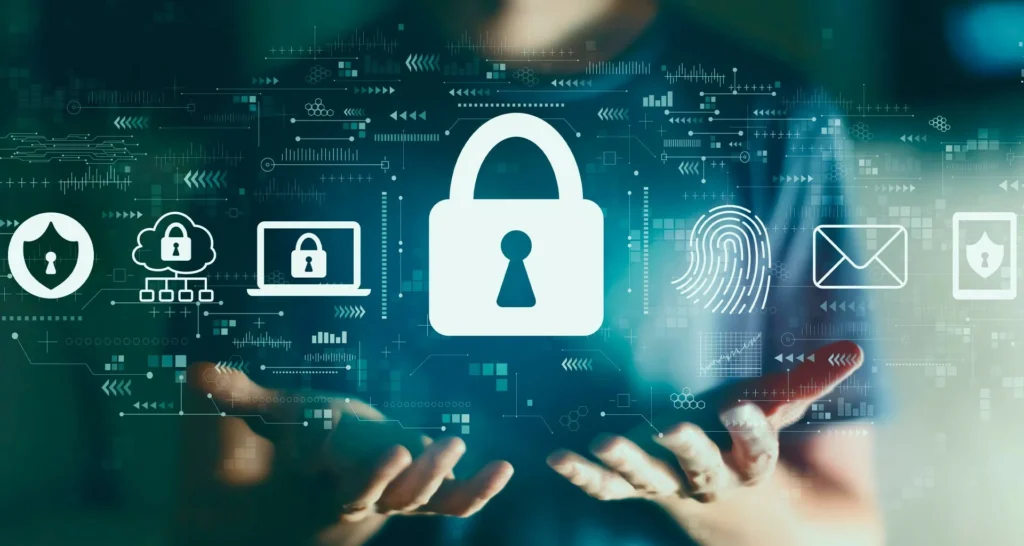Why SSL is Crucial for Online Security:
Exploring the Importance of Secure Sockets Layer (SSL)
Making sure that online communications are secure and private has become crucial in today’s digital environment. Secure Sockets Layer (SSL) is one crucial technology that significantly aids in attaining this. This blog post tries to clarify the significance of SSL and the reasons that online stores and other websites need it.
Data Encryption
When data is sent between a web server and a user’s browser, SSL offers secure encryption. Sensitive data, including login credentials, payment card information, and personal information, is encoded using cryptographic techniques. By shielding consumers from possible identity theft and fraud, this encryption makes it very difficult for hackers to intercept and understand the data.


Authentication and Trust
Certificate Authorities (CAs), reputable third-party companies, are responsible for issuing SSL certificates. By establishing trust between the server and the user’s browser, these certificates confirm the legitimacy and identity of the website owner. Visitors can be certain that their interactions are secure and legitimate since a padlock icon and the “https://” prefix in the website’s URL indicate the presence of an SSL certificate.
Protection against Man-in-the-Middle Attacks
When a hacker impersonating the trusted party intercepts communication between a user and a server, it is known as a man-in-the-middle (MITM) attack. By encrypting the data sent, SSL protects against MITM attacks, making it nearly hard for the attacker to read or modify the information without being noticed. Businesses can prevent their clients from being a victim of such illicit acts by installing SSL.


SEO and Search Engine Rankings
Secure websites are given preference in search results by search engines like Google. Websites having SSL certificates are ranked better because they are seen as being more reliable. Implementing SSL increases a website’s visibility, increasing organic traffic and the possibility of company growth while simultaneously enhancing security.
Compliance with Data Protection Regulations
Data protection laws, like the General Data Protection Regulation (GDPR), have tightened up in recent years. For compliance with these rules, SSL encryption is regarded as a basic necessity. By using SSL, businesses show that they are committed to protecting user data and averting the possible legal repercussions and reputational harm that come with data breaches.


Enhanced Customer Confidence and Conversion Rates
User confidence and trust are essential for any online business to succeed in this era of frequent online transactions and interactions. SSL creates a safe environment that encourages user confidence while disclosing important data. As consumers are more likely to make purchases or take other desired activities on websites that display SSL certificates, increased customer trust results in improved conversion rates.
Enhanced Customer Confidence and Conversion Rates
User confidence and trust are essential for any online business to succeed in this era of frequent online transactions and interactions. SSL creates a safe environment that encourages user confidence while disclosing important data. Improved customer trust leads to higher conversion rates, as users are more likely to complete purchases or engage in other desired actions on websites that display SSL certificates.

Conclusion
In the contemporary digital environment, the significance of SSL cannot be emphasized. For the privacy and integrity of online communications, it offers crucial security measures such data encryption, authentication, and protection against assaults. Additionally, SSL compliance is required to satisfy data protection laws and win over clients. Implementing SSL improves a website’s reputation, search engine rankings, and consumer conversion rates in addition to protecting critical data. To safeguard their users and promote a secure online environment, organisations and website owners should prioritise the deployment of SSL.






Hi, this is a comment.
To get started with moderating, editing, and deleting comments, please visit the Comments screen in the dashboard.
Commenter avatars come from Gravatar.